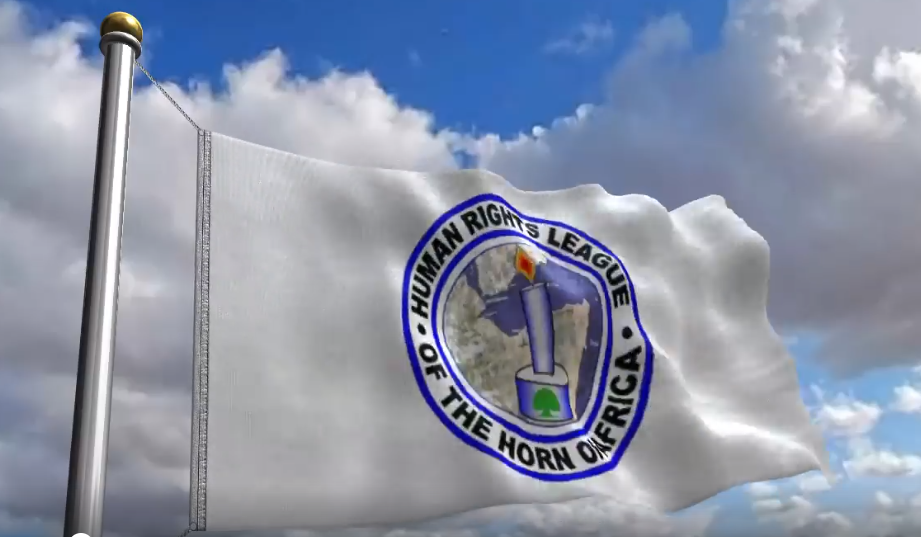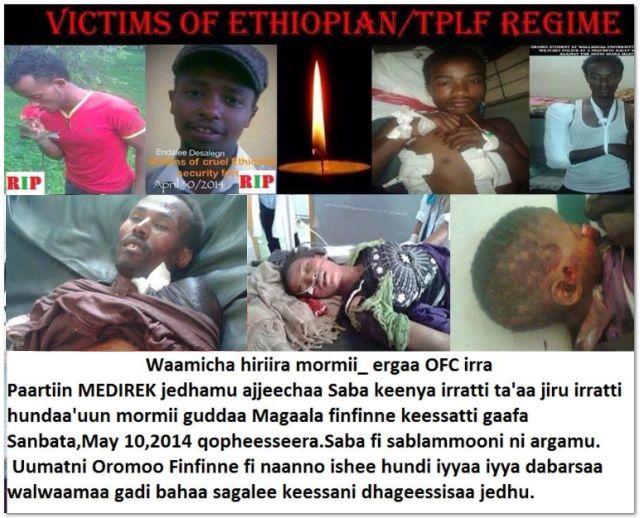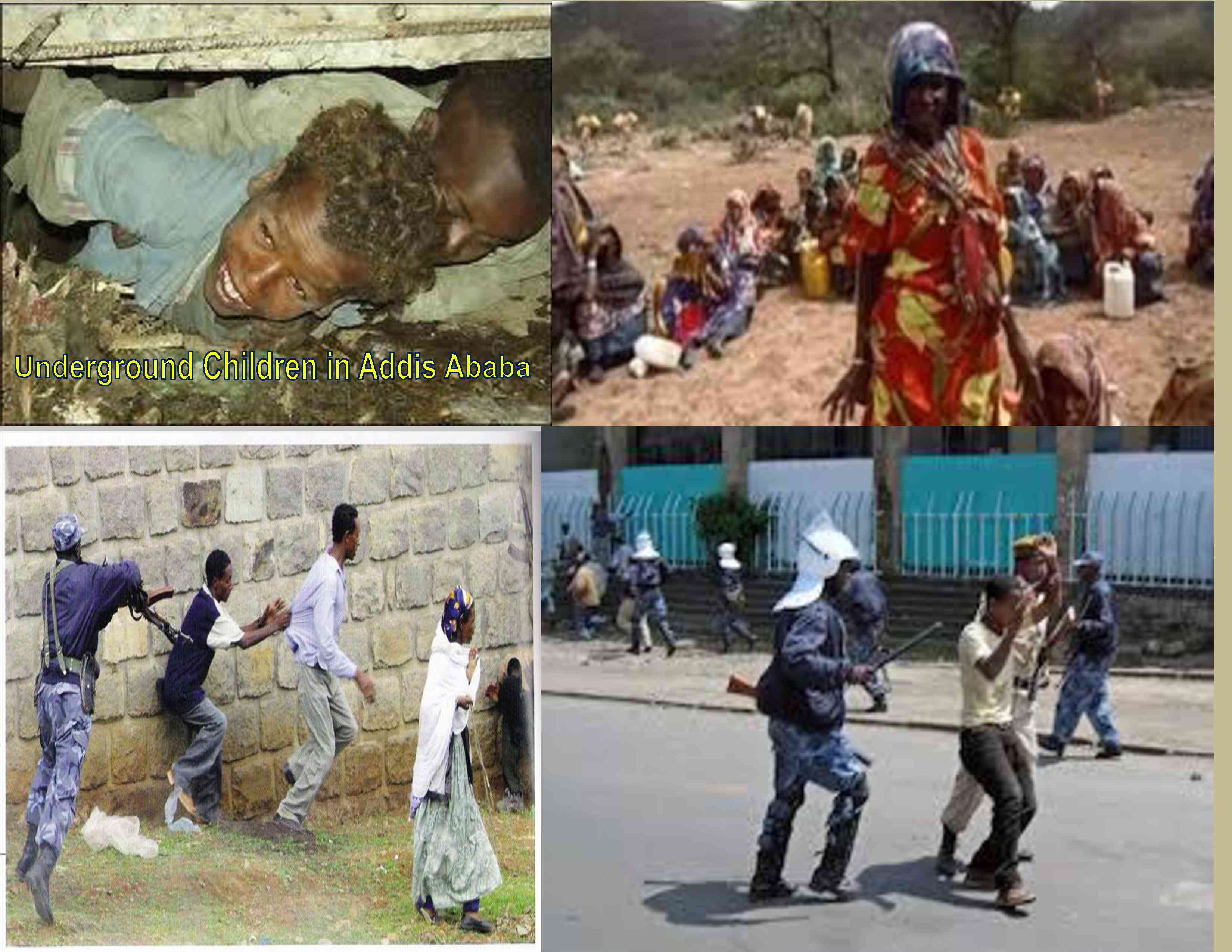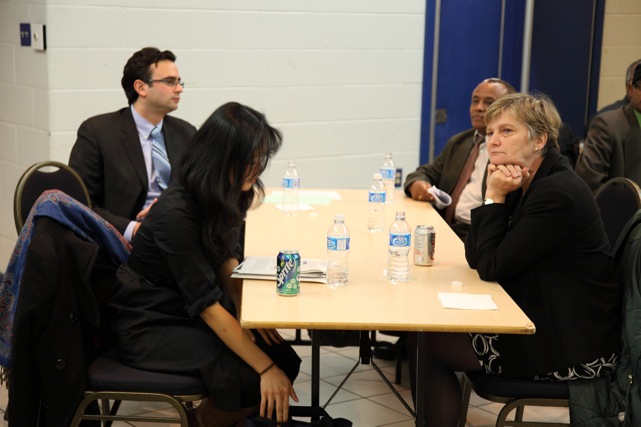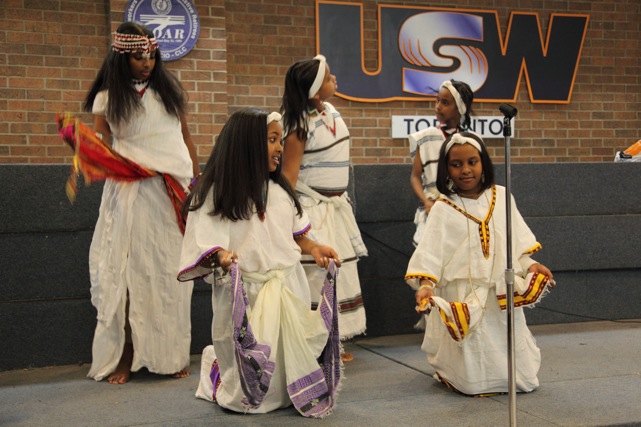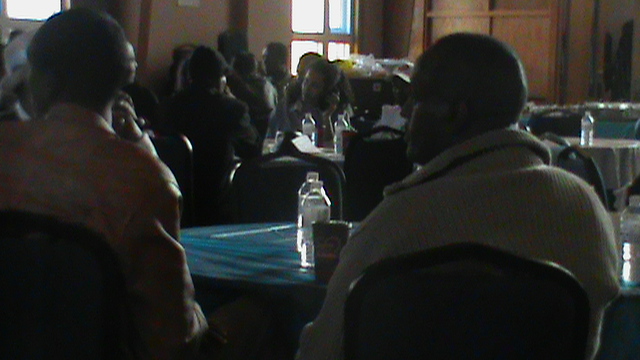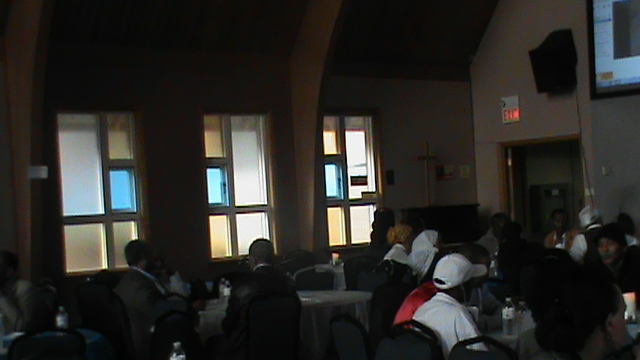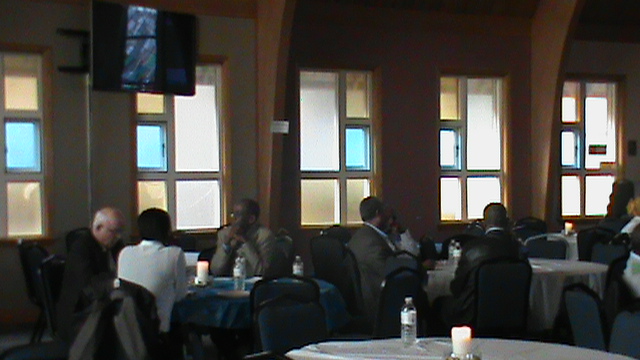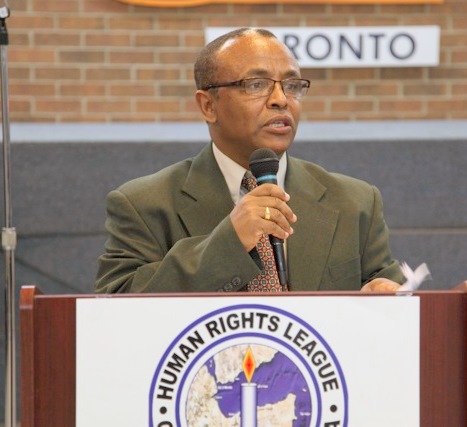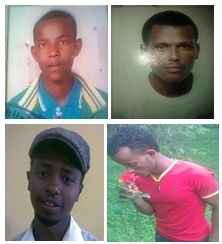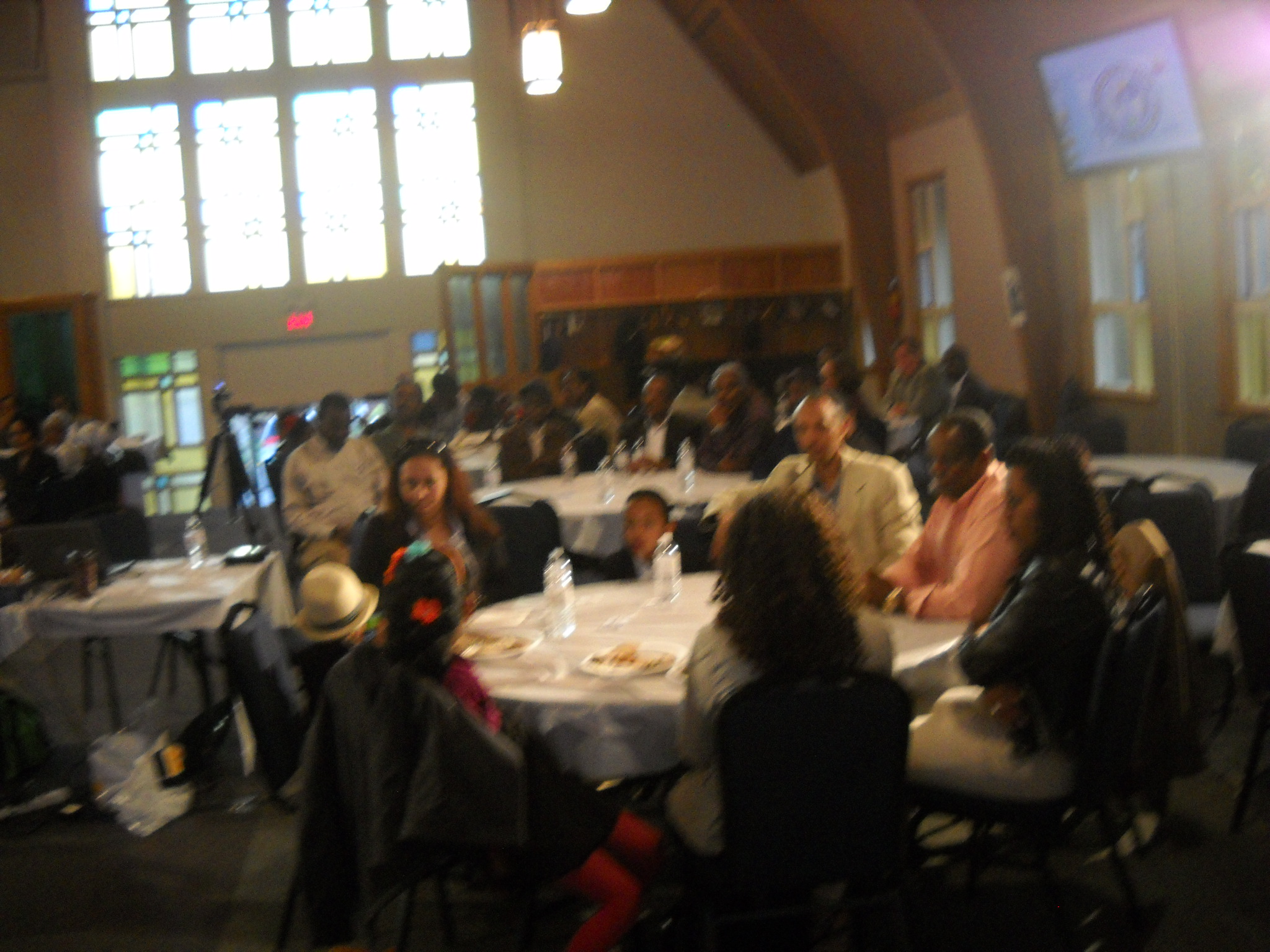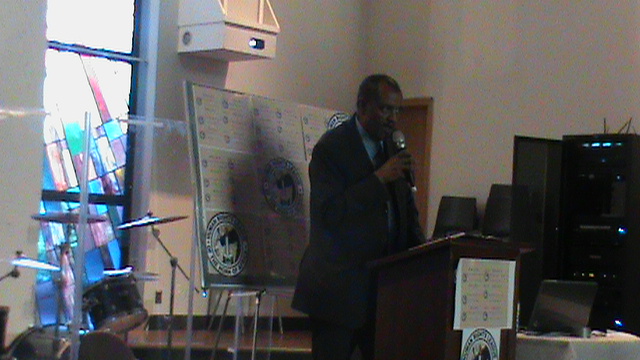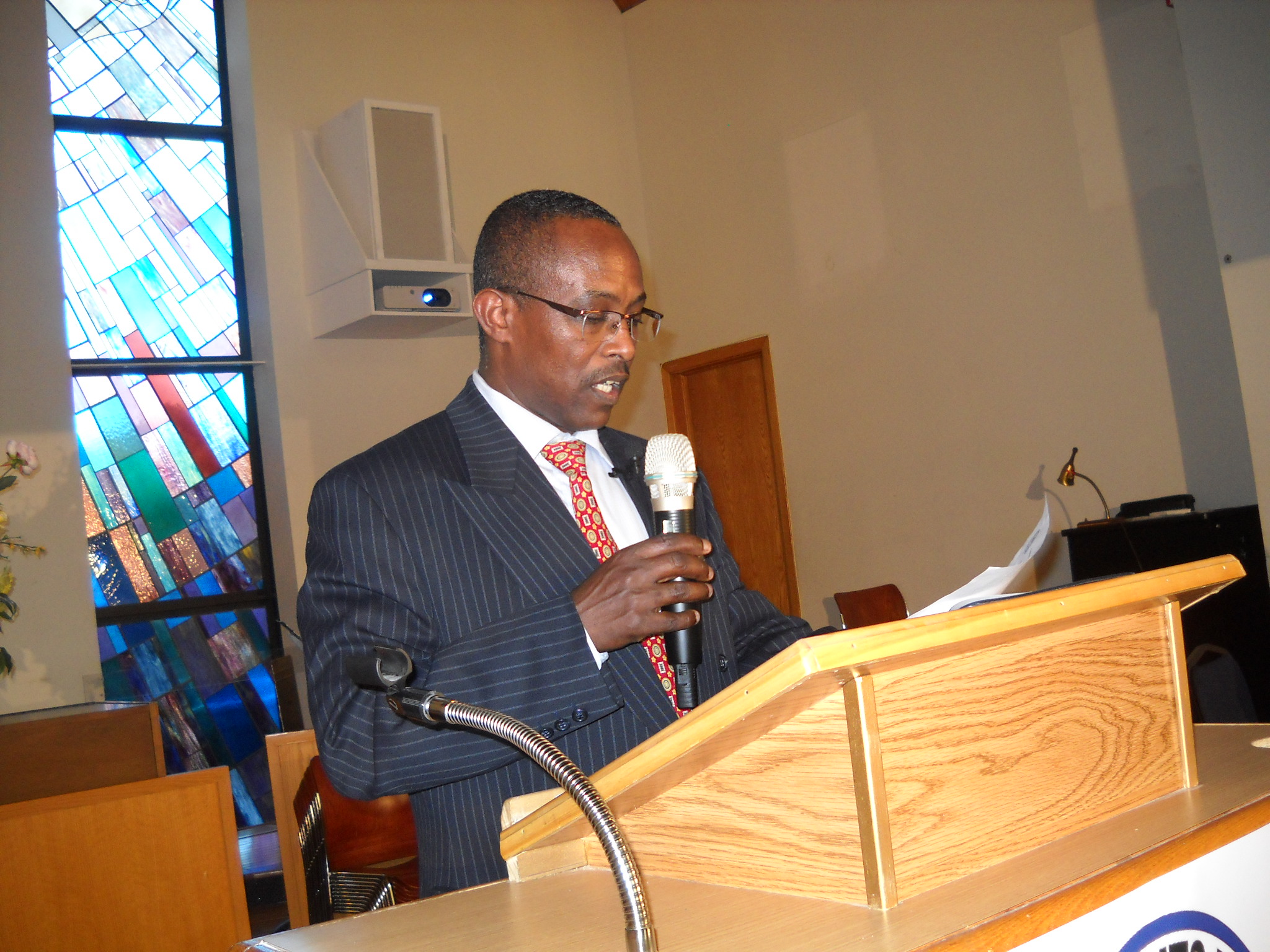The Oromo community of South Rogaland, Norway, released an appeal demanding the International Civic Organizations, International Diplomats and others to cooperate with them to fight against the TPLF Government to stop the land grab ruining the lives of million citizens in Oromia, Ogaden, Gambela, Benshangul and others.
The following is an appeal from the Oromo community of South Rogaland, Norway sent to he Development Assistance Group (DAG)
Oromo community of South Rogaland
Postboks 638,
4305 Sandnes, Norway Email: oromorogaland@oromain.net
To To DAG Co-Chairs
C/o Victoria Chisala
DAG Secretariat
Programme Coordinator
Tel: +25111 5 44 42 56
Email: Victoria.Chisala@undp.org
13 December 2011
Dear Sir/Madam
I am writing this letter to bring to your attention the ever-growing confiscation of land from peasants in the regional states of Oromia, Gambella, Benishangul-Gumuz, Southern Nations Nationalities and Peoples (SNNP) and Ogaden by the government of Ethiopia for leasing to foreign investors.
In a country where agriculture is a means of subsistence for the life of more than 80% of the population and the main stay of the country’s economy, the Prime Minister Meles government took a reckless decision of leasing millions of hectares of arable land to foreign investors producing crops for the latter’s own nation’s food need.
While several million people of Ethiopia rely on food aid, officials of the government indicated they on their way to transfer 3.6 million hectares of allotted land to foreign investors from India, Saudi Arabia, China, Japan, Netherlands, UK, Germany and others.
Dear sir/Madam
In the rush to dispossess this vast arable land, more than one million hectares have already been given away to giant foreign corporations almost exclusively in the regional States of Oromia, Southern Peoples Nations and Nationalities and Gambella. Reports indicate that more than 2.8 million people have already been evicted. In same manner these reports asserted that vast areas of protected forests, with the wildlife that made their homes here for centuries, were burned down altogether for the same purpose. From this reckless government repressive initiative, only few politically affiliated investors and foreign corporations are set to make huge profit by producing food crops and flowers which are exported back to wealthy markets while millions of evicted farmers and their fellow citizens are starving each year and receive food aid[1].
In various media interview Prime Minister Meles glorified his discriminatory land use policy which divides the country in to south and north[2]. In so doing he argued his government is applying these two extremes because of landscape and availability of “idle” land. The TPLF government is favouring the north, its base, by giving absolute land security to citizens while the peoples in the South are treated differently by calling the area ‘a zone of no man’ even though it is in reality inhabited by the indigenous people.
Actually, marginalizing the south has always been systematic especially when it comes to land use. After analysing the imperial political system, one of the famous historians on Ethiopia, John Markakis, noted nearly 50 years ago that:
“The southern peasantry, which found itself on a land claimed by the state, lost whatever rights it held traditionally over the land. The people were transferred in to gabbars [a term denoting servant or simple subject] of the state” while those in the North had secure rights over their land.”[3]
Despite the massive suppression that went on during the socialist era, the 1974 land reform that followed the revolution seemed to have somehow redressed the problem of land use, though the TPLF led government bowed down on reversing things in this regard.
Under the current system the peasants are not only denied to use the land for farming but also forced to stay away from the land. Unlike the imperial regime that allowed them at least working as serfs on the confiscated land, this time the central government chose to lease out the land to foreign investors who produce crop and flowers for export. In doing so the existing regime is using land as means of political manoeuvre. In fact, there are corroborating reports that suggest retaliatory goals perused by the government against its critics, including the peasantry in Ethiopia. [4] As 13 million people needed and receive food aid every year and while the income from this act of leasing out land is insignificant there is no any credible economic explanation for it. As they were given a five-year tax relief and since they are allowed to own it on lease for a period ranging from thirty to ninety nine years for about a dollar/hectare, there is no economic justification for leasing out the land in Ethiopia as such’[5] The land grabbing simply is part of a project to repress and silence the people through starvation and by creating dependency on all fronts.
Dear sirs/ Madam
As just indicated, currently leasing land for no credible national economic gain and against the will of the people continued to serve no more than the purpose of repression and marginalization of the peasantry. Human Rights watch, Amnesty Intentional, other researchers and the civic society were asserting that land grabbing has been used as a means of repression. [6] The Development Assistance Group (DAG) gave a response to this report, in October 2010, asserting that:
“The objective of development partners in Ethiopia is to provide assistance that supports effective development and poverty reduction and that reaches its intended beneficiaries. Respect for human rights is central to our work and to sustainable development. And some members of the DAG include human rights issues regularly in their dialogue with Government.”
After nearly two years, however, reports by Bureau of Investigative Journalism, based on field report, have shown the intensity of repression including but not limited to the act of using aid by the Ethiopian government to suppress and sideline the opposition in to submission. This video documentary by John Viddal, in which an investor was proudly telling that he doesn’t even know the territorial border of the land he took against the eviction of the indigenous people, could tell the gravity of the problem. In this evidence based story he managed not only to tell the fact that those peasants were evicted against their will but has also shown evidence of the burned villages that turned to ashes. After that he interviewed the evicted people and demonstrated the level of hopelessness and desperation of the people[7]. This only shows that the land grabbing policy is serving the interest of foreign investors.
Dear Sir/Madam
Based on above outlined facts we feel that DAG seems to have contributed directly or indirectly by laying out justifications and hiding the reality of suppression by providing unattainable promises and principles that it never tried to implement.
The land grabbing issue in Ethiopia is seriously worrying and has already created a sense of insecurity and an undesirable situation where public unrest and violence could be triggered any time soon.
We believe that DAG and its members can play critical positive roles to change the course of such worrying human insecurity. Hence we appeal and ask the Development Assistance Group (DAG) in Ethiopia and its members:
- To monitor the assistance given to the current regime in Ethiopia while credible reports assert that aid is used as a means suppression by the regime,
- To condemn and influence foreign investors who participate in the scramble of land and the destruction of environment in Ethiopia,
- To use its influence and ensure the observance of human rights in Ethiopia in all its regular engagements with the regime.
- To use all diplomatic and economic leverages at your disposal to exert pressure on and ensure that foreign companies in Ethiopia, their Ethiopian partners, and the Ethiopian government adhere to international environmental standards and obligations;
- To stand for justice and expose the TPLF led repressive agenda in every forum about the use of political power to impoverish and retaliate against citizens, among others through the policy of land grabbing,
- To seek the cessation of contracts between greedy multinational corporations that cooperated in the eviction of helpless peasants in Ethiopia by diverting food crops from the hungry mouth in Ethiopia to export to reach their nations,
Finally once again we appeal to you and international community to intervene and take immediate action to avert political crises that could engulf the Horn of Africa as consequences of such reckless acts of Meles’ regime.
Yours Sincerely,
Dugassa Nemie
Chair man of Oromo community of South Rogaland, Norway
CC: African Development Bank 2. Austrian Development Cooperation 3.Belgium Embassy 4. CIDA 5.Denmark Embassy 6.DFID 7.European Commission 8. Finland Embassy 9. French Embassy 10.German Embassy 11. GTZ-Ethiopia 12. IMF 13. Indian Embassy 14. Irish Aid 15. Italian Cooperation 16.Japan Embassy 17. JICA 18. KfW 19. Netherlands Embassy 20.Norwegian Embassy 21. SIDA 22. Spanish Agency for International Development Cooperation (AECID) 23.Turkish International Cooperation Agency (TICA) 24. UNDP 25. USAID 26 World Bank
[1] See a short report and video footage by John Vidal available at: http://www.guardian.co.uk/world/2011/mar/21/ethiopia-centre-global-farmland-rush accessed on 28/11/2011.
[2] Watch video clip http://www.youtube.com/watch?v=y4CNqAgPc_c&feature=related
[3] Markakis, J. “Ethiopia: Anatomy of A Traditional Polity.” Oxford: Oxford University Press, (1974) P. 112.
[4] See Human Rights watch report on “Development Without freedom: How human rights underwrites repression in Ethiopia,” 2010; and recent BBC news night broadcast on: “Ethiopia ‘using aid as weapon of oppression,” available at http://news.bbc.co.uk/1/hi/programmes/newsnight/9556288.stm, accessed on 06 Dec 2011.
[5] See the finding of a report commissioned by the UNDP on “Illicit Financial Flows from the Least Developed Countries: 1990–2008” available at http://www.beta.undp.org/content/dam/undp/library/Poverty%20Reduction/Trade,%20Intellectual%20Property%20and%20Migration/FINAL%20_IFFs_from_LDCs.pdf (accessed on 06 Dec 2011).
[6] See a report by Jonathan MCKEE on “ETHIOPIA: COUNTRY ENVIRONMENTAL PROFILE,” 2007.
[7] watch a video clip http://www.guardian.co.uk/world/2011/mar/21/ethiopia-centre-global-farmland-rush
